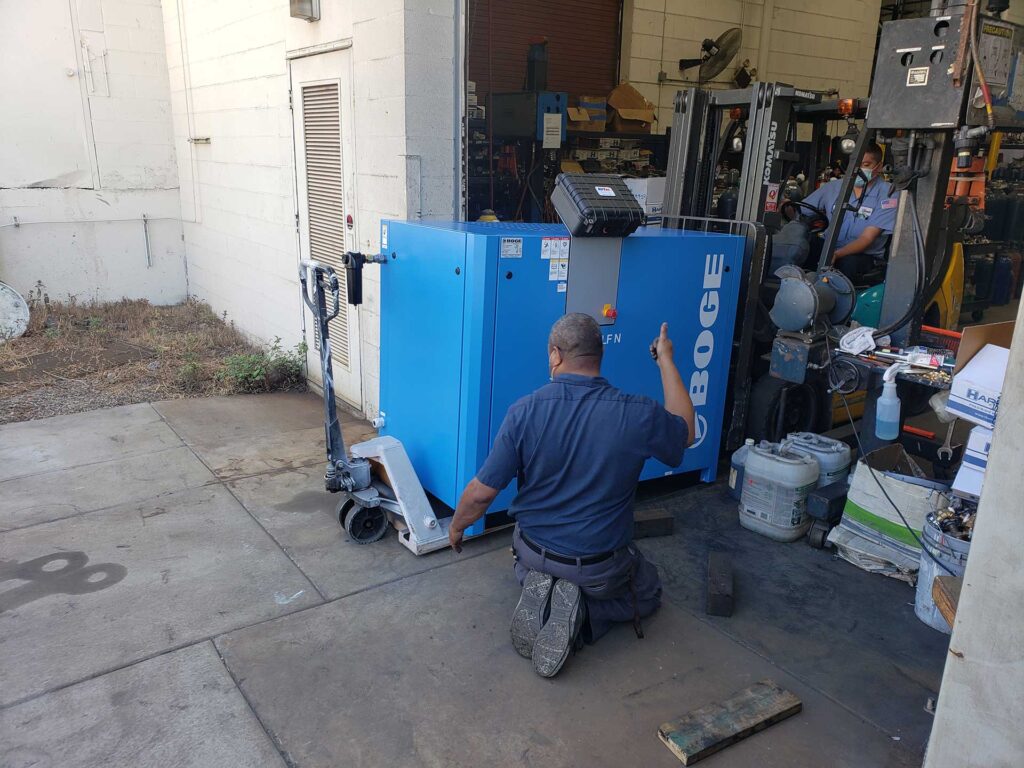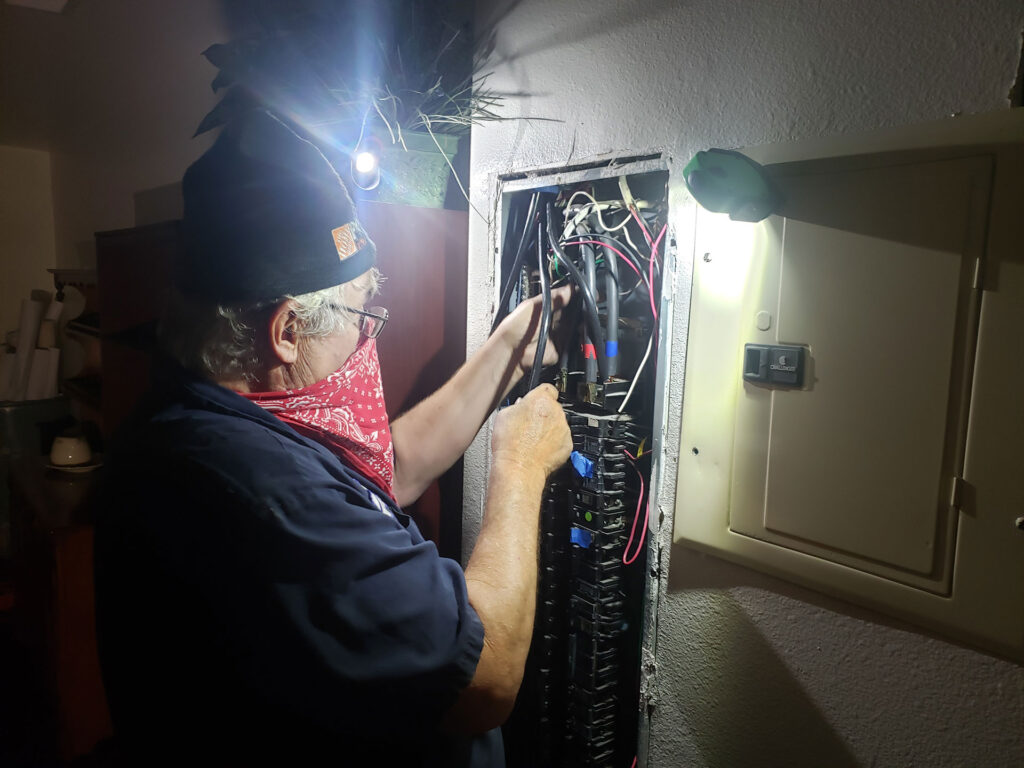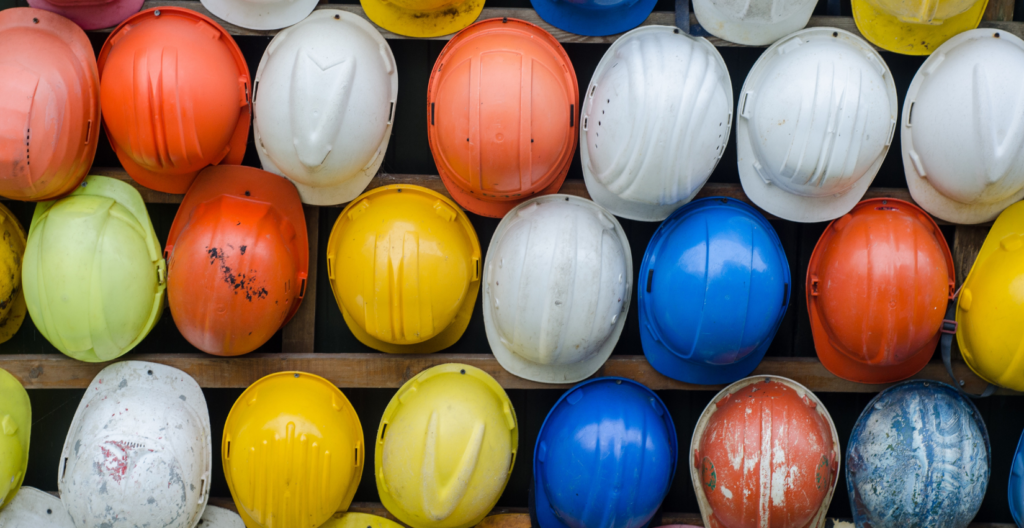English – Spanish
What are the California Contractors License Requirements?
Why use a licensed contractor with a California Contractors License? A licensed contractor will have Workers Compensation Insurance as required by California Law in order to assure that you are not liable for any on-the-job injuries to the contractors’ employees. In California, the owner or operator of a facility, business or installation is liable for any uninsured contractors’ employee. Please take note that homeowners are exposed to this same risk when using an unlicensed contractor.
Simply click here and enter the license number in order to find the name of the Workers comp insurance company, the bonding Company as well as the status of the license.
Bond Requirement
A licensed California Contractor is required to have a bond posted. Thereby assuring reimbursement for an incomplete contract.
Dollar Amount Dictates License Requirement
All projects amounting to $500.00 in combined materials and labor costs, inclusive, requires the correct California State Contractors License.
License Classification Limitation
That license will cover ONLY the craft or skill listed on the license.
An Electrician cannot perform piping. A plumber cannot pour concrete. A roofer cannot paint.
Most air compressor distributors have no contractors license or they may have a “C” license. In some cases, a D-21 License is in force. Therefore, when asked if they posses a contractors license they can answer in the affirmative.
A “C” license is specific to one craft.
- Pouring a concrete slab requires a C-8 – Concrete Contractor license.
- Installation of electrical service demands a C10 – Electrical Contractor license.
- interconnecting piping installation requires a C36 – Plumbing Contractor license.
- A C13 – Fencing Contractor license must be current to meet a fencing requirement.
- A C39 – Roofing Contractor license is needed to . If walls are to be erected for weather protection a C-5 – Framing and Rough Carpentry Contractor license is a requirement. If drywall is to be installed a C-9 – Drywall Contractor license is required.
Or you can hire one General Contractor that can legally perform all the above functions. Legally. Legally means there will be no issues with insurance companies in the event of future fire, earthquake or other destructive events requiring insurance pay-outs. There will also be no issues with city, county, or other local inspectors.
A licensed contractor must follow all local codes, laws and rules. Industry best practices and standards must be followed as well.

Verify a California Contractor
A Contractors license can and should be verified here.
Several distributors claim a D-21 license allows them to install compressed air systems. Shown below is the complete text of the D-21 License description.
Please note there is NO approval for electrical wiring, disconnects or distribution panel installation. There is no approval for piping, dryers, tanks, or filter installation specified. The D-21 License covers the removal of the pump (reciprocating air compressor bare pump, the vacuum pump or the rotary screw air-end) and transportation to a repair facility, return and reinstallation. No additional piping, electrical connections or relocation of the entire compressor assembly or unit under the D-21 license. In fact, the D-21 license specifically prohibits additional electrical and or plumbing additions. This will protect the end user from non-code and therefore uninsured installations.
The D-21 license covers the purchase and installation of a new pump on the existing tank or base and only in the original location. No wiring or plumbing installation or connection allowed.
A D-21 License Does Not Allow The Complete Installation of A Compressor or Vacuum Pump
This is the entire text of the D-21 Contractor License.
D-21 – Machinery and Pumps Contractor
California Code of Regulations
Title 16, Division 8, Article 3. Classifications
A machinery and pumps contractor installs, removes, modifies or repairs:
- (a) Pumps; conveyors; cranes; dock levelers; various hoisting and material handling equipment and meters.
- (b) Dumb waiters; handicap lifting and assistance equipment; automated speedrail trolley systems for garment hanging.
- (c) Automatic car washing racks and auto body paint finishing booth equipment.
An additional comment directly from the Contractors State License Board;
It is acceptable for D21 contractors to install a wide range of pumps, conveyors, cranes, material handling equipment and industrial machinery. It is not acceptable for a D21 to self-perform, or subcontract out, any concrete foundations, mechanical/electrical/plumbing work required to make the machinery operational. A D21 contractor can only set the machinery in place, align it, anchor it and connect it to existing utilities that have been installed by others.
Licensing Classification Deputy
Contractors State License Board
NOTE: Construction of buildings and/or roof structures for this equipment not included.
Final Notes Regarding A contractors’ License
The license laws are there to protect the end-user. Unlicensed contractors are known to take short cuts, have no insurance in place and no additional money spent to obtain a bond.
Remember, if an employee gets injured on the job YOU will be liable. In most cases your insurance will NOT be responsible for those injuries.
Having an incorrect license in place is the same as having NO license.

More questions? Contact us today!

